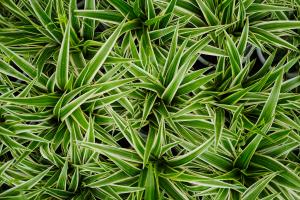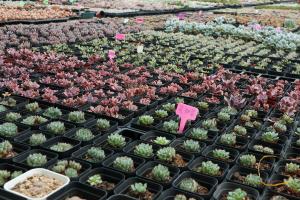How does Water Pollution Affect Humans, Plants, and Animals?
Water pollution refers to the contamination of water bodies such as rivers, lakes, oceans, or groundwater. It can have severe consequences for humans, plants, and animals, causing long-term damage to the environment and posing a risk to public health. In this article, we will explore the impact of water pollution on these three important elements of our ecosystem.
Human Health
Water pollution can have disastrous effects on human health. Contaminated water sources can lead to various diseases, including waterborne illnesses such as cholera, typhoid fever, and hepatitis A. In addition, the consumption of contaminated fish and shellfish can cause acute and chronic health problems, including neurological disabilities and cancer.
In areas where access to clean water is limited, the risks of water pollution are even more severe. Women and children often bear the brunt of this issue, as they are responsible for water collection and can be exposed to contaminated sources. A lack of sanitation facilities can also lead to the spread of waterborne diseases.
Plant Life
Water pollution can have a severe impact on plant life, disrupting their growth and development. Contaminated water can reduce the amount of oxygen available in the water, as well as block necessary nutrients from reaching the plants. In addition, industrial waste and chemicals can alter the pH levels of the water, making it unsuitable for plant growth.
Plants that are exposed to contaminated water can also suffer from reduced photosynthesis rates, leading to stunted growth and lower crop yields. In some cases, contaminants can even enter the plant's tissues, making them unfit for human consumption.
Animal Life
Water pollution can have severe consequences for animal life, leading to changes in behavior, reduced survival rates, and even extinction in some cases. Many animals rely on clean water sources for drinking, hunting, and nesting, but pollution can render these vital resources unusable.
Industrial waste, oil spills, and agricultural runoff can release toxic chemicals and heavy metals into the water, poisoning animals and affecting their reproductive systems. In addition, plastic waste in the water can cause physical harm to animals, such as entrapment, suffocation, or ingestion.
Conclusion
Overall, water pollution is a serious threat to the health of the planet, affecting human health, plant life, and animal well-being. It is essential that we take steps to address this issue, including reducing our use of plastics, properly disposing of hazardous waste, and enforcing environmental regulations. By taking action, we can help protect our ecosystem and ensure a sustainable future for all.

 how many times do yo...
how many times do yo... how many planted tre...
how many planted tre... how many pine trees ...
how many pine trees ... how many pecan trees...
how many pecan trees... how many plants comp...
how many plants comp... how many plants can ...
how many plants can ... how many plants and ...
how many plants and ... how many pepper plan...
how many pepper plan...






























